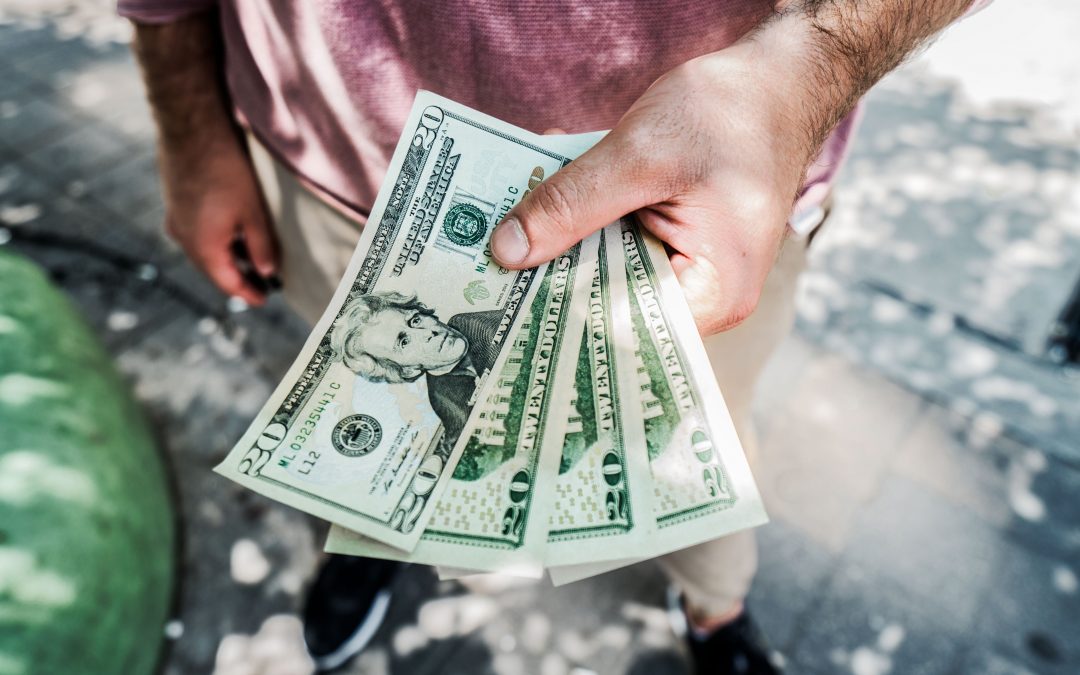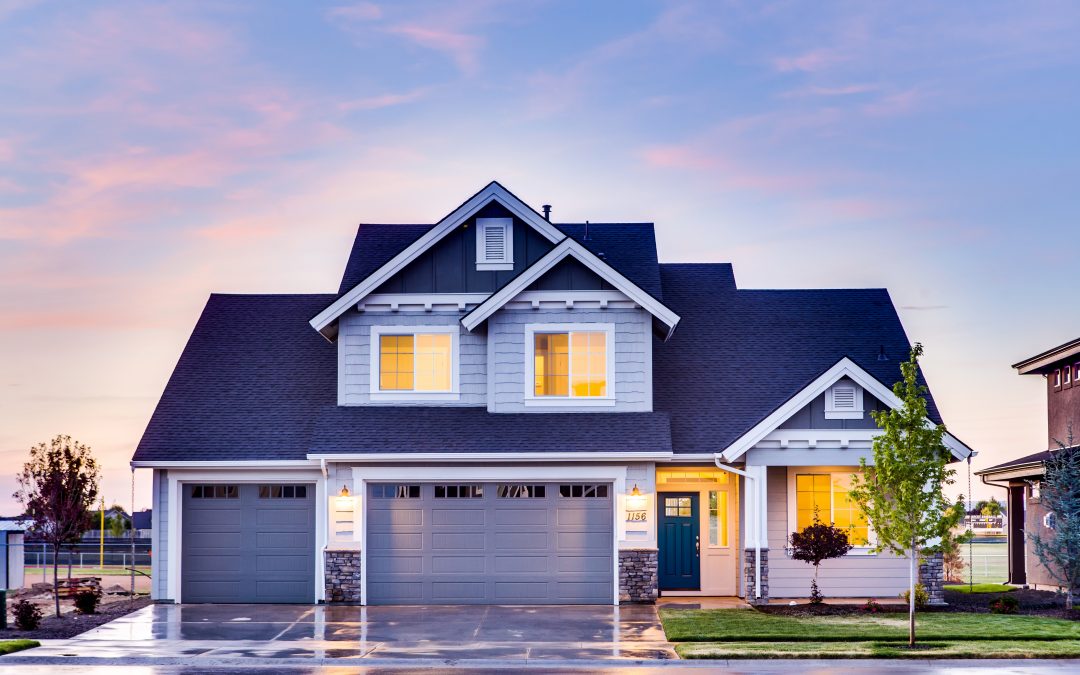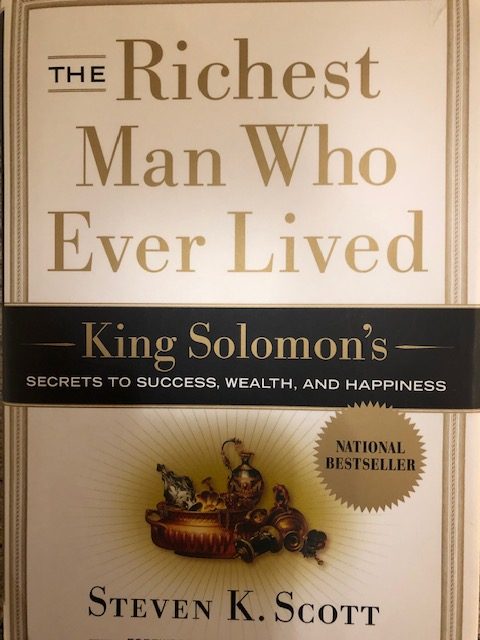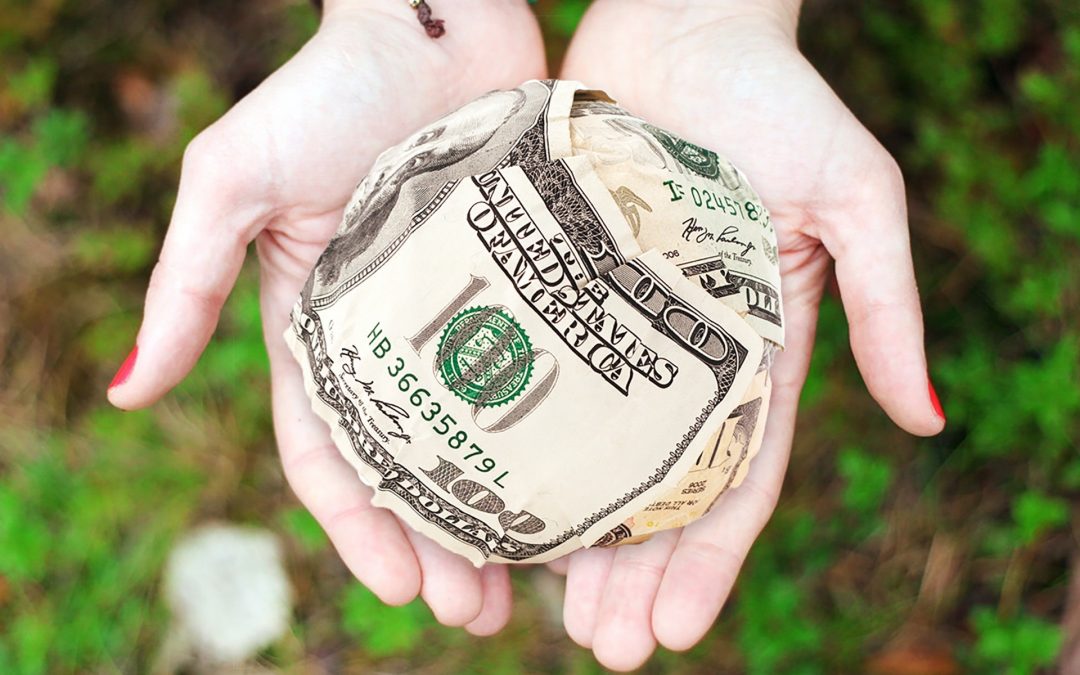Mortgage Loans
 It is sad that we are all culturally conditioned to get the biggest house that we can “afford.” And by “afford” we are talking about affording “the monthly payments” (not really being able to afford the house). If you take this too far and borrow too much you can end up being “house poor.” What that means is that your payments for your home are so significant to your own financial situation that you don’t have enough money left over for other needs and obligations. Just because someone will give you a loan doesn’t mean it works for you. It is critical that you look at the payment compared to your other monthly obligations to make sure it fits into your budget without creating an undue hardship on you.
It is sad that we are all culturally conditioned to get the biggest house that we can “afford.” And by “afford” we are talking about affording “the monthly payments” (not really being able to afford the house). If you take this too far and borrow too much you can end up being “house poor.” What that means is that your payments for your home are so significant to your own financial situation that you don’t have enough money left over for other needs and obligations. Just because someone will give you a loan doesn’t mean it works for you. It is critical that you look at the payment compared to your other monthly obligations to make sure it fits into your budget without creating an undue hardship on you.
If you can do a 15 year mortgage rather than a 30 year without creating an undue hardship you may want to consider it. Becoming mortgage debt free 15 years earlier can be a tremendous advantage to your financial future. Another option is to take the 30 year mortgage but make additional principal payments that gets you on a 15 year pace. If you are going to do this you need to be really disciplined or put it on an automatic payment, as it will be too tempting to skip some months when you would rather spend the money on something else. The one advantage of paying down a 30 year mortgage at a 15 year pace is that if a financial crisis ensues, you are only obligated for the 30 year payment (instead of being obligated to a much larger 15 year payment). In other words, you would have more financial headroom in case of a financial crisis.
I’m not a big fan of an interest only mortgage, as you are making no financial headway (you are just paying interest). Often people do this so they can “afford” a house that is out of reach financially with a traditional mortgage. I see this really as renting rather than owning since you are just making payments to live there but not making equity progress from a payment perspective. Some have done this in markets that are expected to have significant price appreciation, making a play to make a profit from the equity gain while paying as little as possible. This is somewhat of a risk (leverage cuts both ways).
I’m also not a big fan of a mortgage over 30 years. In my opinion, if you need to take out a mortgage that long in order to afford the payments, you are probably buying too much house.
Another cost of a mortgage loan that you want to avoid is PMI. PMI = Private mortgage insurance. This is generally required for anyone that puts down less than 20% of the purchase price of a home. This can add a significant amount to your monthly payment. This insurance is for the lender (in case you can’t make the payments) but you pay for it. The only way to get out of this is to put down at least 20% or request that it be dropped once your home value increases and your equity position gets you to 20%. Check with your lender to find out how this process works (what proof do they need). In many cases you will need to pay for an appraisal to prove that you have the 20% equity.
Related Article: Stop Paying PMI

Yes – You can be a Student without a Student Loan!
Yes - you can help get your son or daughter through college with little or no student loan debt! If you are the student there are also plenty of things you can do to prevent or minimize student loans as well. The purpose of this article is to break down the options...

Adopt the 20% rule and get on the path to financial security
One of the key principles of increasing your wealth over time is living within your means. This is no different than a successful business. If a business has more revenue than expenses, it makes a profit and increases its equity. As an individual, if...

Stop Paying PMI and Keep the Savings
Private Mortgage Insurance, or PMI, is another drain on your wallet. If you buy a house, but are unable to make a 20% down payment, PMI will apply in most cases. It can be quite expense as well, often costing $50-$100 or more per month. The...

Book review: The Richest Man Who Ever Lived
King Solomon's Secrets to Success, Wealth and Happiness By Steven K. Scott After reading this book there is no doubt why it was a National Best Seller. In my opinion this book ranks right up there with the likes of the Seven habits of highly...

Your Credit Score Does Matter
Your credit score is important. It can impact your ability to borrow money (and at what interest rate) from anyone. A low credit score could cost you thousands of dollars in higher interest costs over your lifetime. It can also impact your financial life in other...

How To Keep Car Repairs Under Control
For most of us, cars are one of our top expenses. Typically, cars are the number two expense after housing. Figuring out how to minimize vehicle costs will go a long way toward getting ahead financially. Keeping repairs under control can help you get...

Use Attitude Money to Reduce Stress In Your Financial Life
It makes logical sense that if you have some cash in reserve, you will have less stress in your day to day financial life. I call this financial cushion “attitude money.” If you have a cash balance equal to a month or two of expenses, you will eliminate many of the...

Is There Money Out There For You?
With all the financial transactions that go on in our economy, there are many situations that occur where a business owes money to another business or individual, but that owner cannot be located. That is called "unclaimed property." By law companies can't...

The Power of the Phone Call
The power of the phone call is one of the best tools you have as a consumer. If you are polite and persistent you can often lower your costs consistently each year. This goes along with the saying that “if you don’t ask you don’t get.” What I mean by this is that if...

The $100 Rule – Another Tool in Your Toolbox
The main purpose of this rule is to make sure you are putting in effort to ensure you are getting the best deal on your more significant purchases. Some people are much better at this than others. In a nutshell, you will leave money on the table if you don’t put a...

